Tell us a little about yourself and your career.
I’m Josie Campbell, animation writer! I’m originally from Maryland, and as a kid I was a huge geek—I loved anime, I loved comics and manga, and I loved anything with fantasy, sci-fi, or superheroes in it. I was definitely the girl who woke up early on Saturday morning to watch cartoons, then stayed up late to catch Adult Swim. As a young adult I attended Emerson College as a Theatre Major, thinking that what I wanted to do with my life was write very serious plays and become America’s next Great Playwright. That lasted until I took my first TV screenplay class freshman year and realized that what I really wanted to do was channel my geeky passion into television writing.
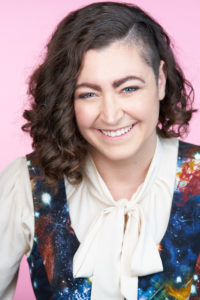
I moved out to Los Angeles in 2008, and after a few years of jobs writing jokes for stand-up comedians and writing articles about comic books, I broke into animation and began working at Warner Bros. From there my career took off, letting me write on shows like Teen Titans Go! and Justice League Action. Eventually I landed at DreamWorks Animation where I was the Head Writer/Story Editor for She-Ra and the Princesses Of Power, and then Head Writer/Story Editor for Jurassic World Camp Cretaceous. Currently I’m working in development at a few different studios, under NDAs about a couple of cool projects, and seeing where my animation journey takes me next.
What challenges have you faced in navigating a career in animation?
There are two answers to this question. The first was simply breaking into TV. I spent years writing sample scripts and joining writers’ workshops, creating writing groups with friends, writing and performing sketch and stand-up comedy, and working as a writer in other industries before I finally broke into animation. Even then, it wasn’t until I went from freelance to being staffed in a writers room that I was able to advance my career to where I am today.
The second challenge I’ve found is one that’s familiar to many: the lack of diversity in the writers room. For years I was the only woman in the room—heck, on some shows I was one of the only women on the crew. Since then, I’ve had the immense privilege and joy of being staffed on shows with amazing female, POC, and LGBTQIA writers—and while the writing side of the industry is still white and male-dominated, I’ve seen a lot of changes happening on every level, and I’m hopeful for the future of animation!
Who are your inspirations in the field of animation?
As a kid, one of my favorite shows in the entire world was Batman: The Animated Series. I loved that show; I’d wake up early to catch it on local reruns, and I memorized the plots of nearly every episode, which I would then recite to my friends on the playground. I even dragged my parents to the local mall theater to watch Batman: Mask of the Phantasm, written by Alan Burnett. It was the first time I realized that telling stories could be a job, and it awakened my love of TV animation.
Years later, after I graduated and moved out to Los Angeles to break into TV writing, a friend at WB told me that he gave one of my sample scripts to his boss, who loved it and wanted to meet with me. That boss? Alan Burnett. The man whose writing I loved as a kid wound up giving me my start in animation, and I will forever be awed and grateful for it.
What do you hope to accomplish as a writer in the animation industry?
At the most basic level, I just want to tell good stories! There’s no greater feeling in the world than seeing the words you write impact people. Pre-COVID, one of my favorite parts of the job was going to conventions and seeing fans react to the shows I wrote and the episodes being screened. So much of my young life was shaped by the animated stories I loved and was passionate about, and I hope to be able to write stories that can influence and inspire the next generation of writers. And outside of the joy of writing, I also hope to be part of making our industry more diverse, making sure the amazing breadth of humanity onscreen is reflected by the diversity of voices behind it.
What does being a part of the union mean to you?
Being part of a union to me means being part of a community—as well as looking out for my fellow creatives. I’ve met some of my best friends on TAG shows, and I love being part of a group that not only represents writers but also artists, timers, animators, boarders, directors, designers, and people at every level of the animation process. From initiatives like the Writers Committee’s new Staffing Grid [for those] looking for work, to the in-depth preparations being done for 2021 negotiations, it’s an exciting time to be part of this fantastic artistic union!

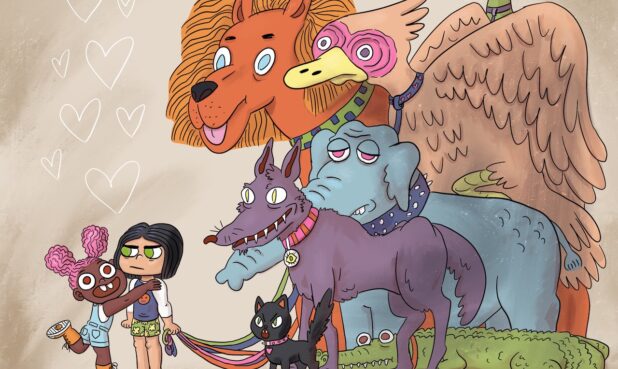
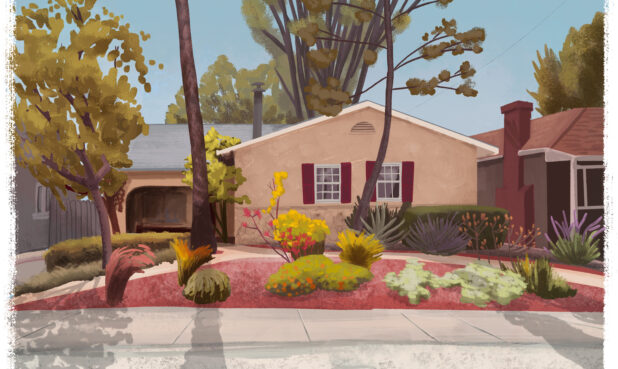
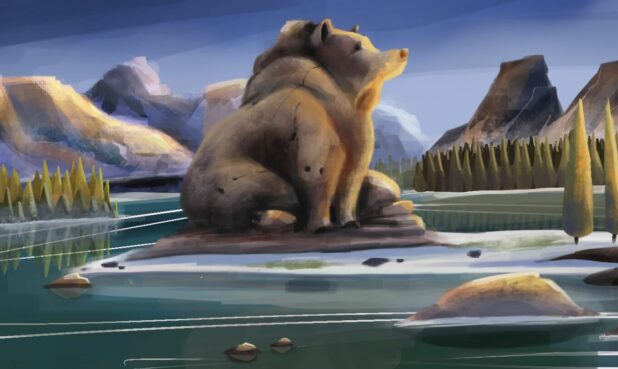
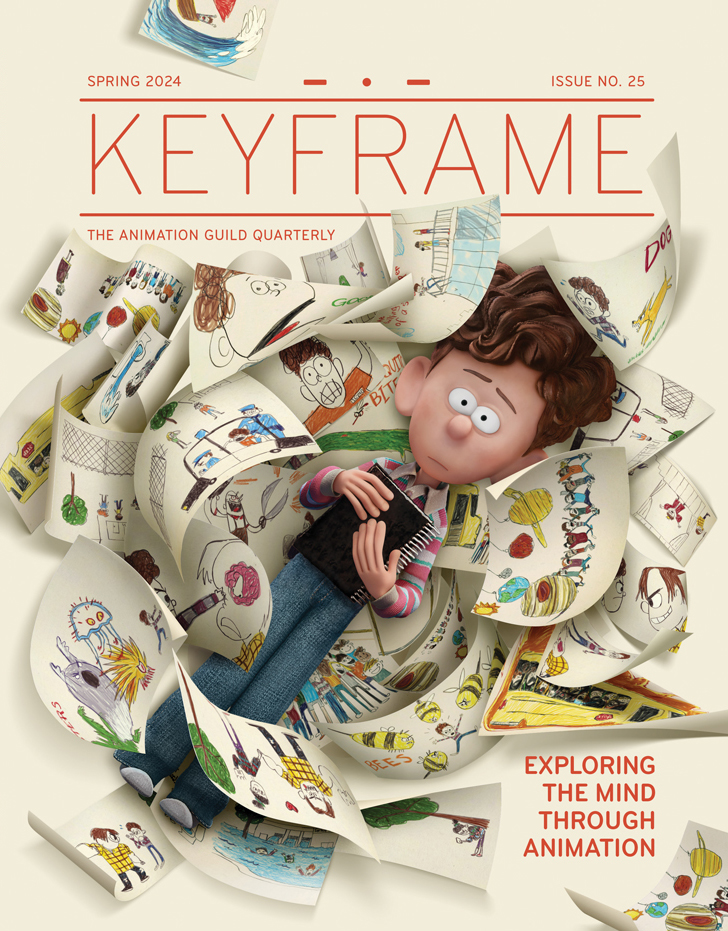
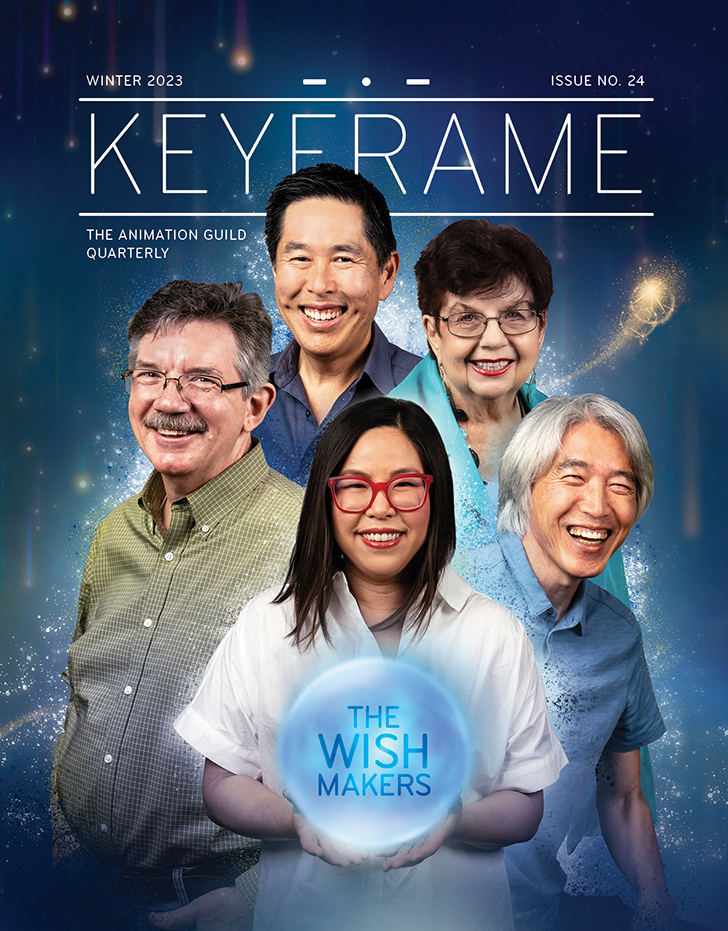
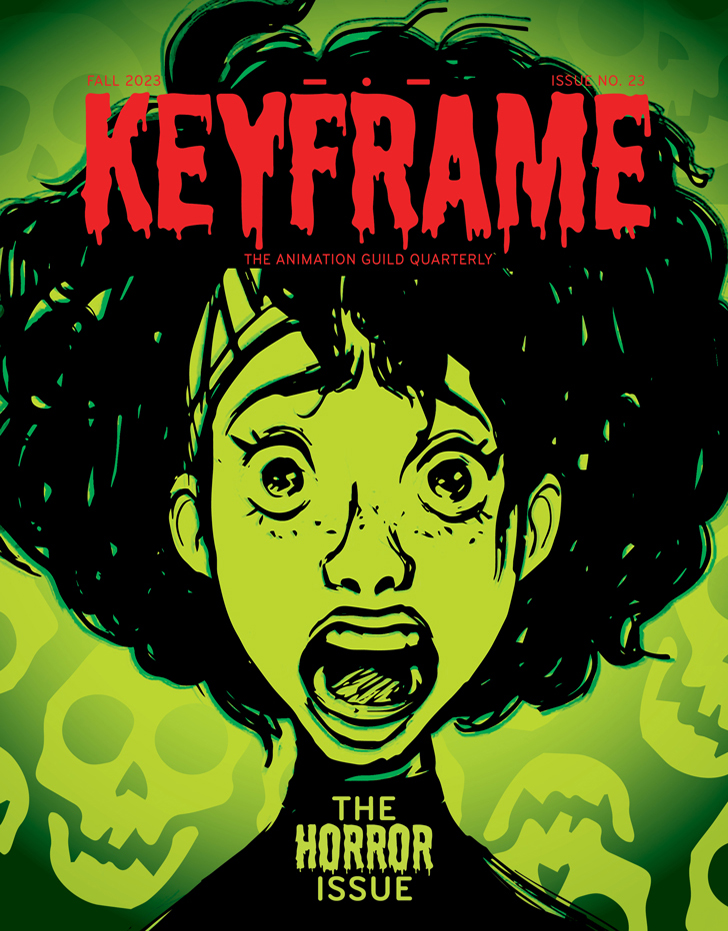
.png)